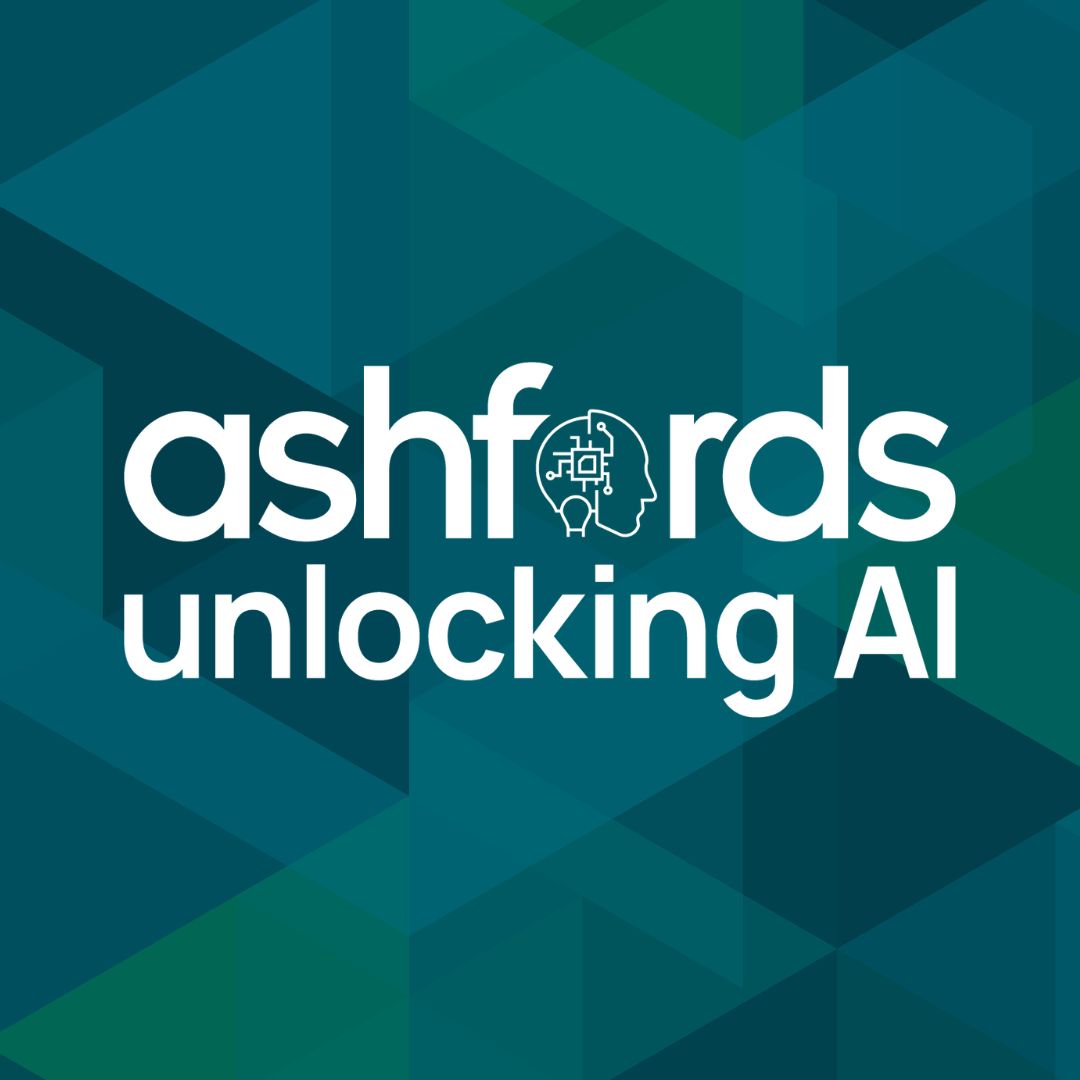Traditionally estate administration can be a complex and time-consuming process. Legal professionals frequently have to review an extensive number of documents and collate relevant information from family members, before they are able to ascertain the route which individual probate process needs to follow.
In recent years, estate administration has seen the introduction of artificial intelligence (AI), whereby professionals can utilise tools to make the overall process more efficient and in turn more cost-effective for clients.
The legal solutions market offers various AI systems, aimed to automate some of the administrative tasks which have to be attended to while administering one’s estate.
Offerings include collating initial relevant information and populating various documents required during the probate process. They aim to replace the frequently time-consuming manual handling which, by its very nature, can be open to human error. This can simplify document production and minimise, or even avoid, the possibility of mistakes as well as duplication of the same data during the process. The automatic document production would result in more cost-effective overall process, thereby enabling legal professionals to focus their skills onto less administrative aspects of the process, as well as mitigating costs for the clients.
AI-based systems can also be used to improve communication and transparency, by offering clients the ability to follow the progress of the overall process. This can consist of sending automated notifications and alerts, including case updates and information about the next stage of the process, which can be tailored to clients’ individual preferences. For example, if the client wants to be informed about each development or if they prefer to be notified about major milestones only, such as a receipt of grant of probate.
While the use of AI in the legal profession has increased, recent surveys suggest the public is reluctant to have some of their legal issues attended to exclusively by AI.
Administering one’s estate can be an emotive process and it’s important for clients to feel accurately advised and adequately supported throughout. While the use of AI at some stages can undoubtedly make the overall process more efficient and cost-effective for clients, it’s important to find and maintain a balance, between the benefits AI can offer and the indispensable human input which legal professional can provide.
For more information, please contact Poli Lawrence.
If you are interested in how AI will change business and the law, visit and bookmark our Spotlight AI hub for more AI insights. The Hub brings together commentary from Ashfords’ experts, our clients and our contacts across a wide range of areas; looking at how AI might impact as its use evolves.
Please do also get in touch if there are any specific areas related to AI that you’d be interested in hearing more about.
Visit our AI spotlight area